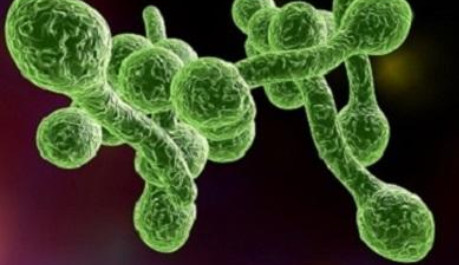Friday 10th March 2017, 11:00am
Scientists have made significant progress towards recreating a functioning synthetic organism from scratch.
The development towards producing synthetic yeast from DNA could have widespread benefits for improved understanding of fundamental biology. It could also help usher in the development of a wealth of products in sectors such as food security, healthcare and clean fuel.

An international team of researchers has collaborated to synthesise five of the 16 chromosomes – packages of genetic material – found in yeast.
Their painstaking work uses synthetic DNA molecules to build short strands of genetic code letter by letter, which are then combined into longer lengths and finally into a chromosome.
The development provides unprecedented insights into yeast, which belongs to the same group of organisms as people and animals.
Yeast’s ability to grow quickly has made it an effective platform on which to grow useful materials, such as in production of the Hepatitis B vaccine, anti-malaria medicine and biofuel.
Understanding its potential for hosting the growth of other organisms could have extensive applications in biotechnology and medicine.
An international consortium of scientists known as Sc2.0 have taken part in stitching together the fragments of code, which also makes use of advanced technology in manipulating the material in the genomes.
Researchers from the University of Edinburgh and BGI-Shenzhen in China led a study into the synthesis of an entire yeast chromosome, known as SYNII, which is one of the largest in yeast.
The Edinburgh team also contributed to building a further four chromosomes, in addition to taking part in two studies detailing their design and analysis.
All seven studies are published concurrently in Science.
Their extensive research has shed light on various aspects of synthetic yeast’s behaviour, and shows how it can be completely functional with synthetic genetic codes.
The research was carried out in collaboration with NYU Langone Medical Center and Johns Hopkins University in the US, Tianjin and Tsinghua Universities and BGI-Shenzhen in China, and the Institut Pasteur in France.
It was supported by the Biotechnology and Biological Sciences Research Council.
"We are excited to mark this milestone in our quest to create an entire organism from scratch. We dedicate our research to the late Professors Noreen and Kenneth Murray, whose work contributed to the development of DNA technology in the same department where SYNII has now been completed."
"I congratulate Dr Cai and his team on their contribution to re-write the code of life. This research showcases Edinburgh’s excellence in this area of research."
Source: The University of Edinburgh